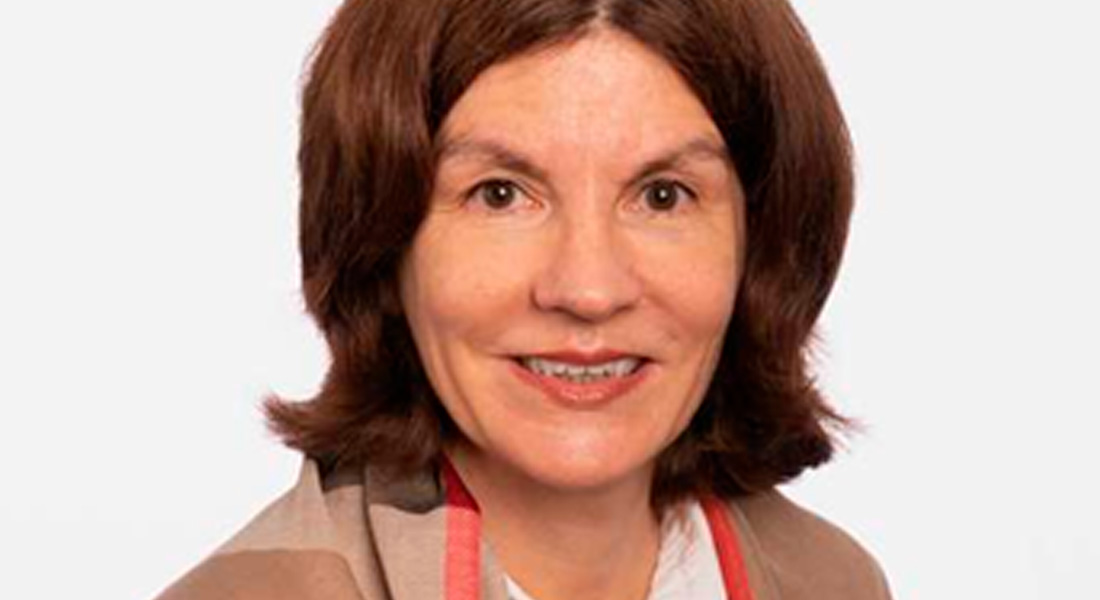The Paul Auster Research Library Visiting Fellowship 2024
We are honoured to be able to welcome one of the most important scholars of Auster’s work, Aliki Varvogli. Dr. Varvogli is Head of Humanities and Senior Lecturer in English and American Literature at the University of Dundee in Scotland. She will be in residence from 2 to 28 April 2024

She wrote her PhD thesis on Paul Auster’s fiction (University of East Anglia, 1998) and since then she has been publishing Auster’s work alongside her other research interests in urban spaces, immigration, and discourses of work in contemporary American fiction. Her publications include The World That is the Book: Paul Auster’s Fiction (Liverpool: Liverpool University Press, 2001); ‘Exploding Fictions’ in Harold Bloom, ed., Bloom’s Modern Critical Views: Paul Auster (Philadelphia: Chelsea House, 2004), pp. 191-206; ‘Ailing Authors: Paul Auster’s Travels in the Scriptorium and Philip Roth’s Exit Ghost’, Review of International American Studies, 3.3-4.1, Winter 2008/Spring 2009, 94-100; ‘“The Worst Possibilities of the Imagination are the Country You Live in”: Paul Auster in the Twenty-first Century’, in The Invention of Illusions: International Perspectives on Paul Auster, Stefania Ciocia and Jesus Gonzalez Lopez, eds, Cambridge Scholars Press 2011, pp39-54; ‘Money Talks: Language, Work and Authorship from The Music of Chance to Sunset Park.’ LISA e-journal, Vol 18, 2020.
While in residence at The Paul Auster Research Library, Dr. Varvogli will be working on her project entitled, “Solitude, Creativity and Domestic Space in Paul Auster’s Fiction.”
Abstract
In the City of Glass, Auster’s main character, Daniel Quinn, finds himself alone in an empty room, writing in his notebook until the pages run out. Sunset Park, published 25 years later, opens with an image of the main character taking photographs of repossessed homes in Florida. The rooms are full of discarded objects, possessions left behind as the owners abandoned the homes they could no longer afford. These two examples help us to understand some of Auster’s major preoccupations: the importance of solitude in the quest for a meaningful creative life, and the importance of the right socio-economic conditions for people to flourish.
My project aims to provide a full critical and analytical account of the use of domestic spaces throughout Auster’s fiction. More specifically, I will examine how Auster links solitude with reflection, introspection and creativity, while at the same time suggesting that artistic endeavour cannot fully take place when the creator removes themselves from the society around them. This tension between the desire to be alone, stripped of external influence, and the need to understand one’s place in history and society runs throughout Auster’s oeuvre and connects his work to that of the American Transcendentalists, as well as to Maurice Blanchot, whose ‘essential solitude’ is very much related to houses and rooms. In addition, my project will examine Auster’s relationship to the material conditions of homelessness, isolation or precarity. While these are often used for their metaphorical value in his work, what happens when we also read them on a literal level?
I believe that research in the Humanities should be outward-facing and that it benefits from engagement with local and global communities. In addition to producing a traditional academic research paper exploring the themes above, I would like my project to engage with students at the University of Copenhagen. I envisage two or three meetings with a group of volunteers during my residency. I will present my research to the students, and then ask them, through a series of guided questions and examples from Auster’s writing, to explore how they think that domestic environments shape their creativity and affect their attitudes to solitude. I will also hold a creative writing workshop that will allow them to explore further the issues that my research addresses. Solitude amongst younger people is not often acknowledged, but it exists in their increasingly online world, and it can have both positive and negative outcomes. We see some of those outcomes in Auster’s characters, who find inspiration in small, isolated rooms, but who also risk sacrificing their sanity in the pursuit of the life of the mind. I hope that, by engaging with student communities, I will also be helping to raise the profile of The Paul Auster Research Library and contribute to its excellent reach and reputation.
Bio
Dr Aliki Varvogli is Head of Humanities and Senior Lecturer in English and American Literature at the University of Dundee in Scotland. She wrote her PhD thesis on Paul Auster’s fiction (University of East Anglia, 1998) and since then she has been publishing Auster’s work alongside her other research interests in urban spaces, immigration, and discourses of work in contemporary American fiction. Her publications include The World That is the Book: Paul Auster’s Fiction (Liverpool: Liverpool University Press, 2001); ‘Exploding Fictions’ in Harold Bloom, ed., Bloom’s Modern Critical Views: Paul Auster (Philadelphia: Chelsea House, 2004), pp. 191-206; ‘Ailing Authors: Paul Auster’s Travels in the Scriptorium and Philip Roth’s Exit Ghost’, Review of International American Studies, 3.3-4.1, Winter 2008/Spring 2009, 94-100; ‘“The Worst Possibilities of the Imagination are the Country You Live in”: Paul Auster in the Twenty-first Century’, in The Invention of Illusions: International Perspectives on Paul Auster, Stefania Ciocia and Jesus Gonzalez Lopez, eds, Cambridge Scholars Press 2011, pp39-54; ‘Money Talks: Language, Work and Authorship from The Music of Chance to Sunset Park.’ LISA e-journal, Vol 18, 2020.
